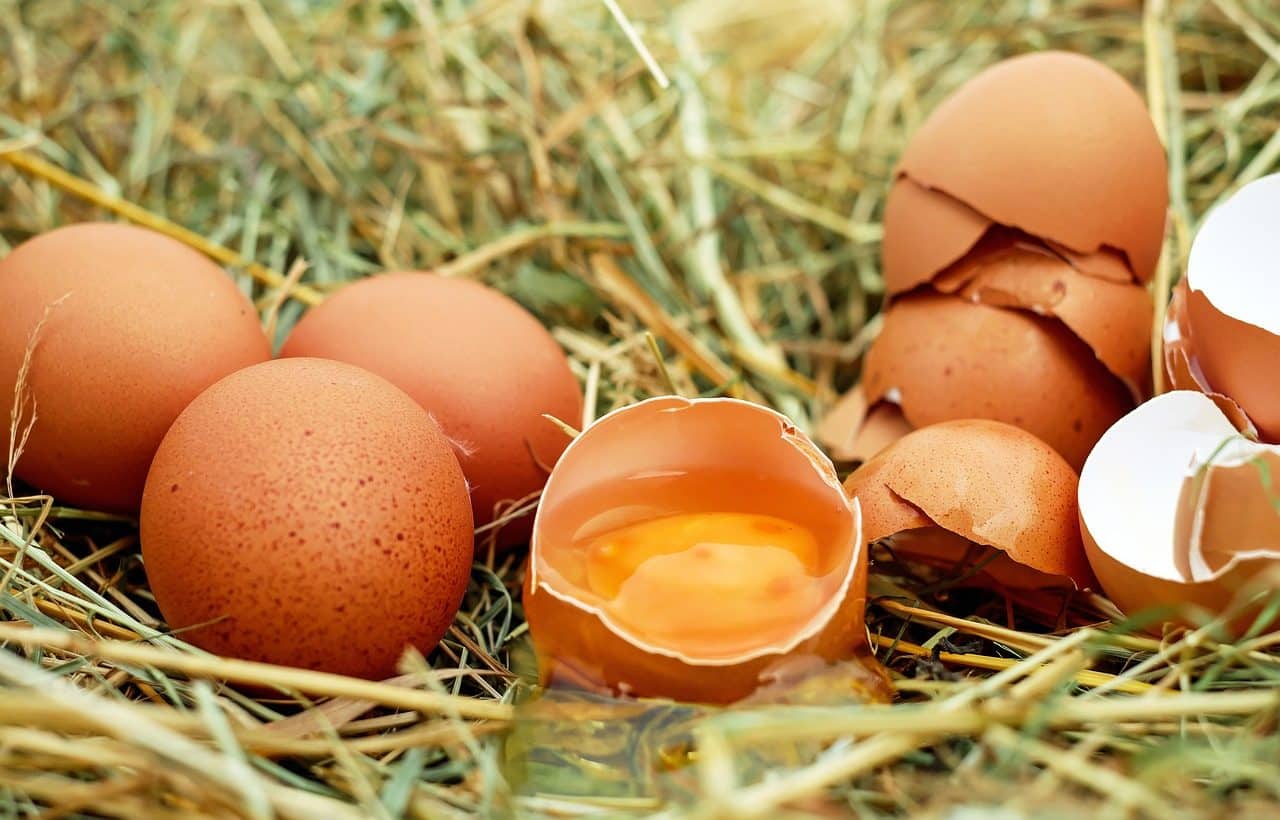
While the raw material for organic fertilizer comes from animal and plant sources, inorganic or synthetic fertilizer arises through the chemical and physical processing of substances based on minerals and rocks.
Organic fertilizers are a type of preparation based on substances of plant or animal origin that are mixed and, based on their degradation, serve to, in an ecological manner, treat, improve and maintain soils intended for agriculture , the growth of plants. on terraces, patios or balconies and the development of home gardens .
According to those who know these products of natural origin in depth and recommend their use, there are multiple benefits of organic fertilizers , which is why it is constructive to disseminate their characteristics, provide training on their preparation and use , and promote their use. Contributing to plant evolution and conservation , strengthening roots and helping to improve water absorption capacity are the main benefits of those also known as organic fertilizers , which are characterized by being biodegradable and renewable .
Just as it is enriching to learn about the advantages linked to the manufacture and application of organic fertilizers (generating a reduction in the use of pesticides ), it is important to keep in mind that these can be more expensive compared to chemical fertilizers , They do not ensure a specific or stable amount of nutrients (and their release is not so fast), they have limited effectiveness and require hygiene precautions to minimize the contamination of substances with microorganisms that are pathogenic to human beings.
Types of organic fertilizers
To carry out a sustainable agriculture project or undertaking, it is essential to obtain prior advice and know, among other information, what types of organic fertilizers exist .
It is interesting to know, for example, that these products can be made at home , although there are also companies that manufacture them on a large scale and distribute them nationally and internationally.
Nor should we lose sight of the fact that organic fertilizers are available in both liquid and solid versions. Today there is a wide range of options that are used to benefit soils in terms of fertility and nutrition . There are even slow-acting fertilizers ; others that offer results more quickly and some that are at an intermediate level between those two.
When preparing fertilizers at home, finally, it is essential to remember that not all waste or residues are useful as resources for obtaining fertilizer : it is recommended to discard, in this framework, all types of chemical elements; to garbage containing glass, plastic or metal; to oily substances and fecal matter from pets or humans.

By taking advantage of the leftover eggs (especially by crushing the shell), an economical and simple fertilizer is obtained that benefits the plantations by providing them with a significant percentage of calcium.
Production and preparation
The production and preparation of an organic fertilizer varies depending on the type of product desired. Regardless of the process to follow to achieve the desired result, it must always be adapted to current regulations and quality standards.
Composting methods and techniques, for example, invite you to opt for the composter modality or resort to composting turning machines . Without exception, the use of contaminated organic matter must be avoided. Domestic composting usually uses food scraps consumed at home (egg shells, coffee or tea waste, etc.), while community composting allows for the management of biodegradable waste on a larger scale since it involves a group of neighbors.
Manure processing is also used to obtain organic fertilizers since they have a high percentage of organic matter and nitrogen . Manure tea , to indicate a specific reference, is used as an organic liquid fertilizer given the large amount of essential nutrients it provides.

Thanks to compost it is possible to recycle food waste (food remains, peels, etc.) and convert them into a powerful nutrient for the earth.
Examples of organic fertilizers
As examples of organic fertilizers it is possible to mention, first of all given the immense popularity that it has achieved beyond borders, compost (produced by the decomposition of citrus peels, bananas , etc.). Manure (quite easy to obtain although its application on plants is not entirely recommended) and rock dust also appear on the list of fertilizers of natural origin , as does worm humus (especially when it is of caring for high-yield crops).
Guano (that is, the substrate that is formed when significant amounts of seal, seabird and bat excrement accumulate), meal of animal origin (whether blood, feather or bone), fish emulsion , bocashi (translated from Japanese as fermented fertilizer), seaweed extracts (useful as biostimulants or nutritional supplements to improve the germination process and plant development) and slurry (mixture made up of animal feces, organic waste, seed remains and wastewater) are also well positioned within the category of organic fertilizers .
Finally, it is advisable to find out about green fertilizers , an allied strategy for providing nutrients that proposes adding a plant capable of providing protection to the soil when carrying out a crop rotation plan.
